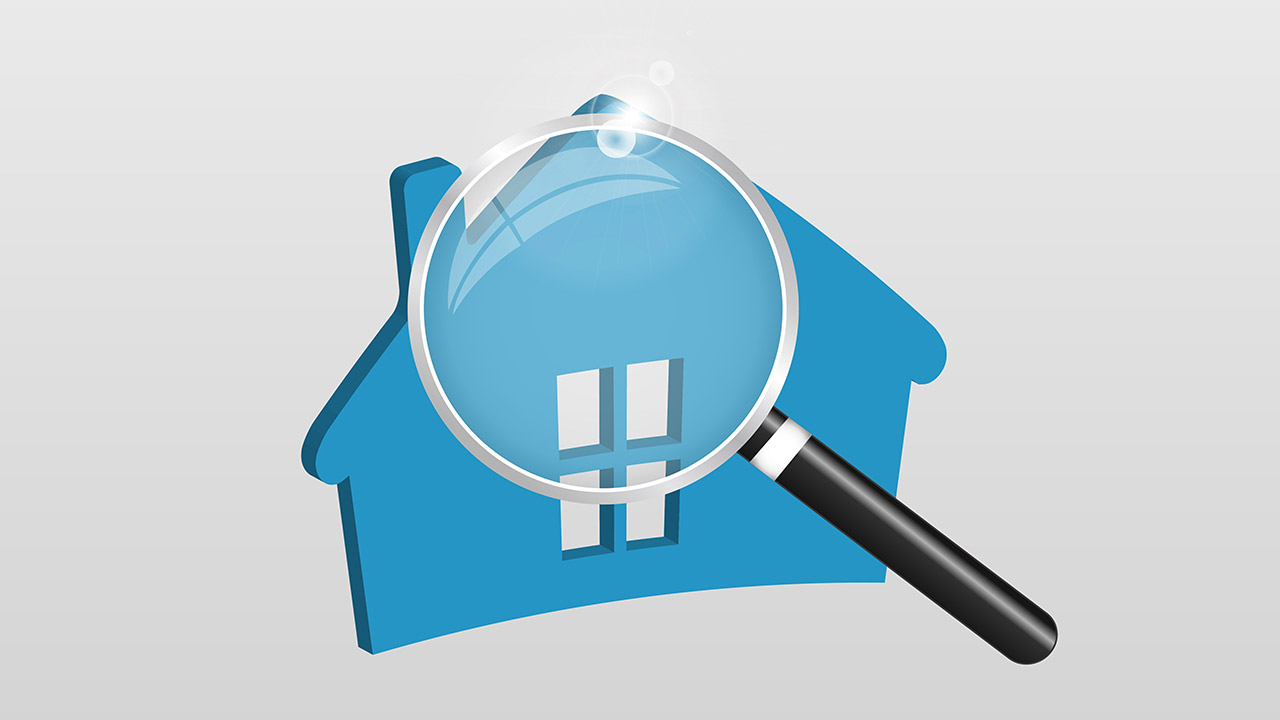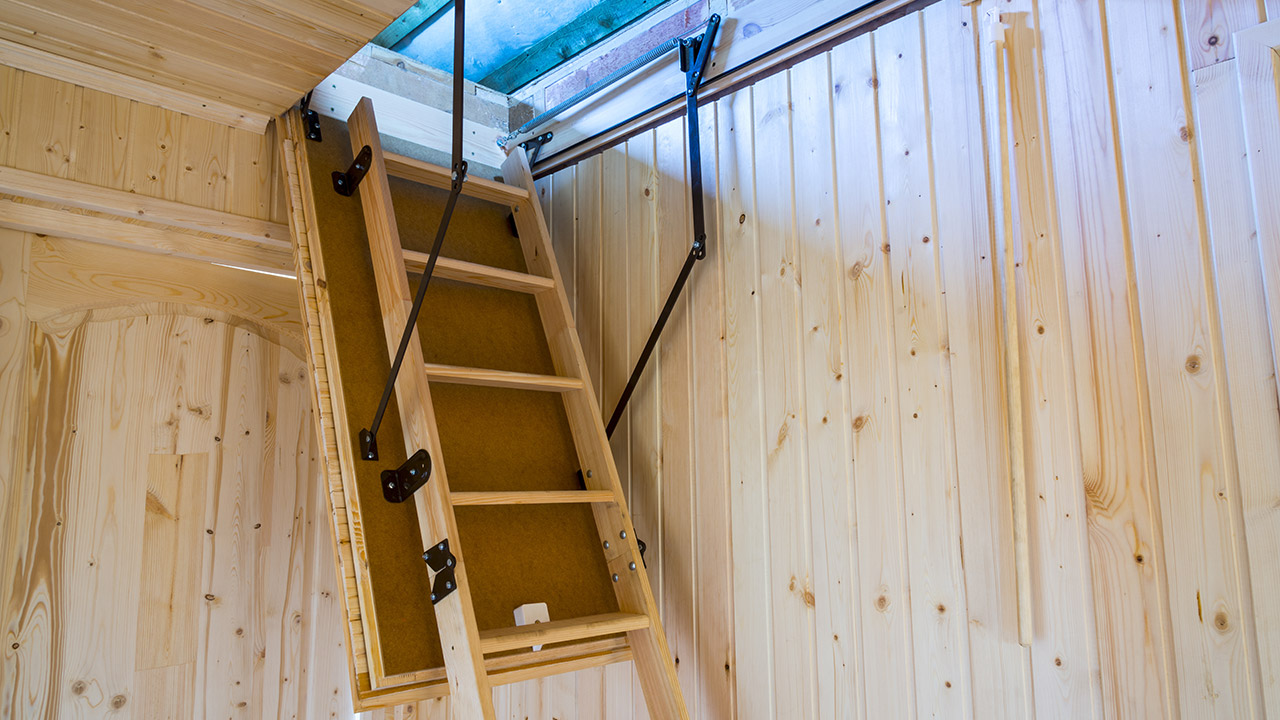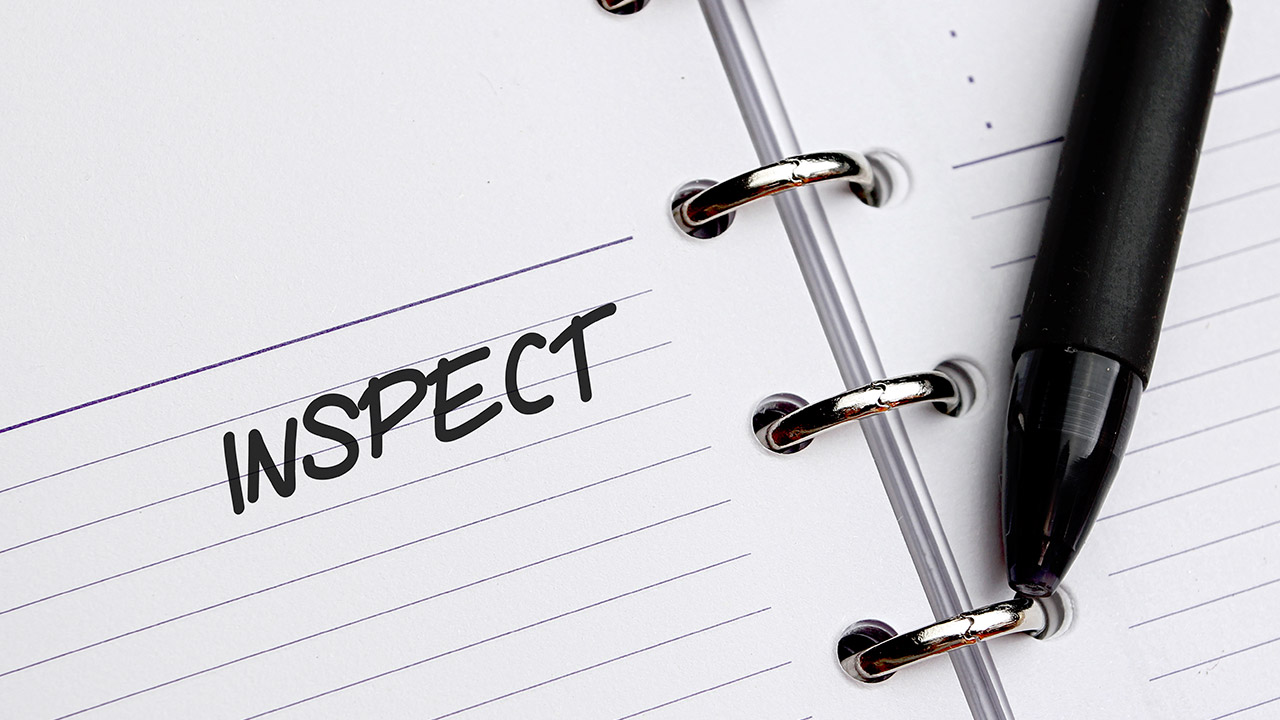6 Questions to Ask Your Home Inspector
It’s a no-brainer: there are very few instances where you wouldn’t insert a home inspection clause in a contract to purchase a home. A property may look flawless on the surface, but you just never know what’s lurking in the attic or in the electrical panel. The best way to protect yourself from a potential money pit is to hire a home inspector to take an in-depth look at the property in question before you seal the deal.
But just because you’ve allowed the inspector to take the reigns to investigate any potential issues, that doesn’t mean you won’t have the chance to ask some very important questions.
Here are some things you should be asking your home inspector to make sure you’re in-the-know about what you’re dealing with.

1. May I see your home inspector license?
Professional inspectors have no problem with being asked this question, and should always have their license readily available to show their clients. In fact, they’re required by law to carry their licenses on the job. You want to make sure the person who is conducting the inspection is trained and licensed to do so, or else you’re wasting your money and are possibly leaving potential problems uncovered.
2. What does the inspection cover?
It should be noted that a home inspection is not exactly going to uncover every issue with a property. The only way to know for sure if there are any lingering problems with the property is if you physically rip out drywall and flooring.
Still, inspections can uncover many issues that you would likely not have noticed yourself. After all, you won’t be crawling around in the attic or climbing the roof at a showing. But while the majority of home inspectors follow a standard protocol, you should find out exactly what will be covered during your specific inspection.
It’s important to make sure that the inspection report meets all necessary requirements as set forth by your state, and complies with a recognized code of ethics. The report will be made available to you shortly after the inspection has been completed. If there are any areas of concern that you want to have inspected, ask. If the inspector does not cover these specific issues, ask for referrals to specialists who can conduct further inspections.

3. Who can you refer me to fix certain issues?
An honest home inspector will fill you in on whether someone will need to be hired to fix specific problems, or whether they are minor enough for you to fix them yourself. Many helpful inspectors will tell you where to go to, what to buy, how much the material will cost, and provide you with pointers on what to do. This type if information is really useful, as it will identify all the tasks are potentially DIY-type items.
For more complex repairs, your home inspector should be able to offer you referrals to the reputable electricians, plumbers, roofers, and contractors that you can get in touch with right away and get quotes from during the contingency period. Being armed with the cost of certain repairs that need to be done can help you negotiate with the seller.
4. What repairs need to be done right away, and which ones can wait?
Many home inspection reports can be quite lengthy, and include what seems like a never-ending list of things that need to be done to bring the home up to par. This list can be overwhelming, but it doesn’t necessarily mean that all the tasks need to be done right away.
Ask your inspector to point out the repairs that need to be done immediately for safety’s sake, and those that are more minor in mature that can wait. That way, you can prioritize the work that you plan on doing, and budget accordingly.

5. How do you work that?
Many home inspectors are happy to show you how to work different systems on the property, including the breaker panel, thermostat, smoke detector, and emergency water shutoffs, just to name a few. For this reason alone, it’s worth it to be present during the home inspection.
6. How long will the major systems and structures last before needing replacement?
Systems like the furnace, hot water heater, roof, and appliances are expensive items. If they are nearing the end of their expected lifespan, you’ll be stuck paying for it.
For instance, a new roof can cost you a pretty penny; replacing the entire roof can cost anywhere between $5 to $8 per square foot, depending on where you live and the type of material being used. So, for 1,000 square feet of roof space, you can be looking at as much as $8,000 to replace the roof. That’s a big expense, and if you’ll have to cover this expense some time soon, you might want to negotiate that fact into the purchase price with the seller.
A big mistake that many buyers make during home inspections is failing to ask important questions. Inspectors expect questions; in fact, they welcome them. No question is too silly; the answers you get might actually come in handy for renegotiating a lower price.